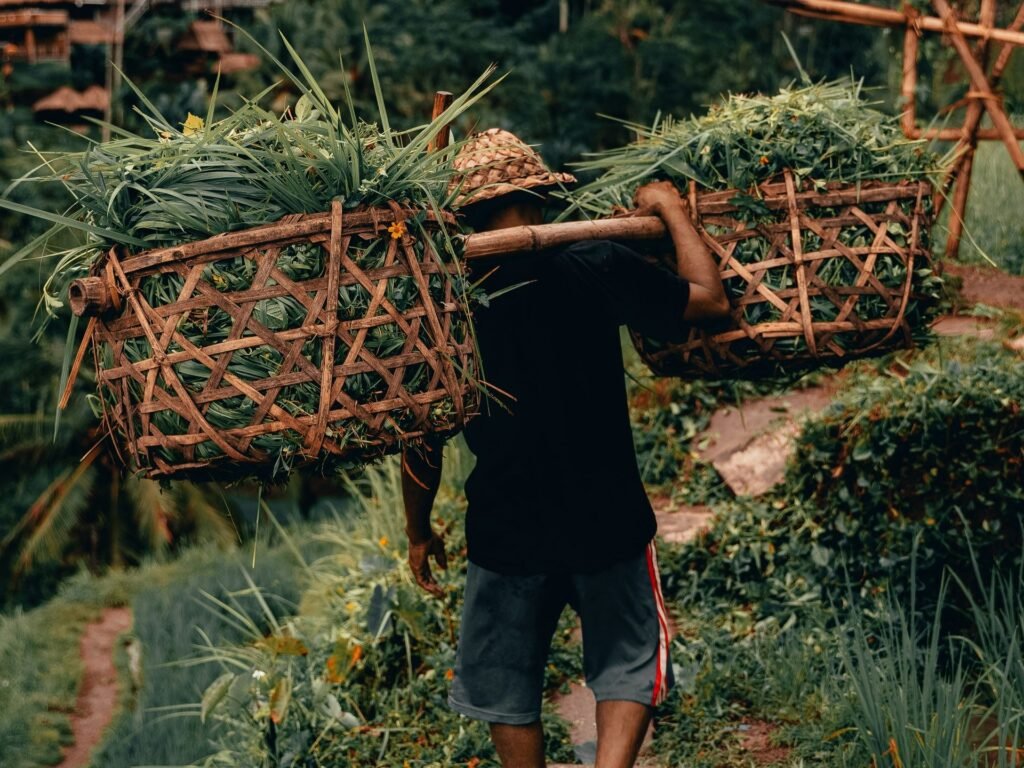
In a sobering reminder of the costs of global travel, Fodor’s has unveiled its 2025 No List, spotlighting 15 destinations that are grappling with the adverse effects of excessive tourism. Topping the list is Bali, the Indonesian island celebrated for its lush landscapes and spiritual heritage but increasingly burdened by the weight of its popularity.
The travel guide giant, known for championing sustainable tourism, released the list Wednesday, highlighting 15 destinations deemed “less hospitable” due to environmental degradation, poor infrastructure planning, and social strain exacerbated by unchecked tourism.
For Bali, Fodor cited overtourism as the primary factor in the island’s placement on the list. The island welcomed 5.3 million international visitors in 2023, generating nearly 303,000 tons of plastic waste, according to data reported by Independent.co.uk.
The consequences are stark: plastic pollution mars once-pristine beaches, and the delicate balance between Bali’s thriving tourism industry and its fragile ecosystem appears under siege.
Bali, ranked first, faces a “plastic apocalypse” and an existential threat to its cultural and natural heritage, according to the California-based travel guide publisher.
A Double-Edged Sword
Tourism is both Bali’s lifeblood and its Achilles’ heel. With 4.7 million international visitors arriving in the first nine months of 2024 alone—surpassing pre-pandemic levels—the island’s economy has soared.
But this economic boom has come at a steep cost. Beaches like Kuta and Seminyak, once pristine, are now overwhelmed with waste.
Bali’s waste management infrastructure, still recovering from the pandemic, is struggling to keep up with the sheer volume of trash, much of it plastic, that threatens ecosystems from rivers to reefs.
Gary Bencheghib, founder of the environmental organization Sungai Watch, described the situation as a “plastic apocalypse,” with uncollected waste suffocating the island’s ecosystems.
Cultural Heritage Under Siege
Beyond environmental concerns, rapid and often unregulated tourism development has encroached on Bali’s cultural landmarks.
The island’s famed subak irrigation system, a UNESCO-recognized cultural heritage site integral to its rice paddies and traditional way of life, is under threat. UNESCO has warned that the subak system could disappear by 2050 if current trends persist, dealing a devastating blow to Bali’s cultural identity.

Lessons Unlearned
Bali was first included on Fodor’s No List in 2020, but little has changed since then.
Fodor’s critique underscores the long-standing lack of sustainable, long-term tourism planning. The focus remains heavily skewed toward short-term economic gains, which Marta Soligo, an assistant professor at the University of Nevada, Las Vegas, cautioned undermines not only the environment but also residents’ quality of life.
“Overtourism creates noise pollution, traffic congestion, and rising living costs, while alienating local communities,” Soligo said. “It fosters resentment as residents struggle with overcrowding and disrespectful tourist behavior.”
A Wake-Up Call for Global Tourism
While Bali’s challenges are acute, they are not unique.
Other destinations on Fodor’s 2025 No List face similar struggles. Koh Samui, Thailand, for instance, has been overwhelmed following its feature in HBO’s The White Lotus, straining local water supplies and waste management systems.
Meanwhile, European hotspots like Venice and Barcelona are battling housing crises and protests from residents weary of overtourism.
Venice and Lisbon, two of Europe’s most iconic cities, have implemented daily entrance fees and policies aimed at curbing overtourism, though critics argue these measures have not fully addressed the displacement of residents due to skyrocketing housing costs.
Importantly, Fodor’s clarified that the No List is not a call to boycott these destinations but rather a plea for change.
The goal, according to the publisher, is to spotlight the urgent need for sustainable practices to ensure these locations remain viable for future generations.









